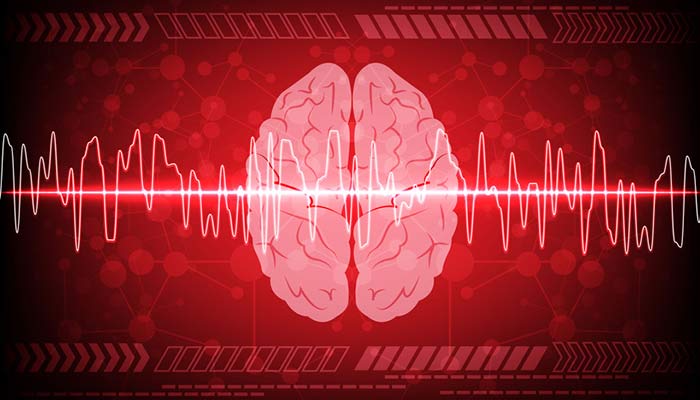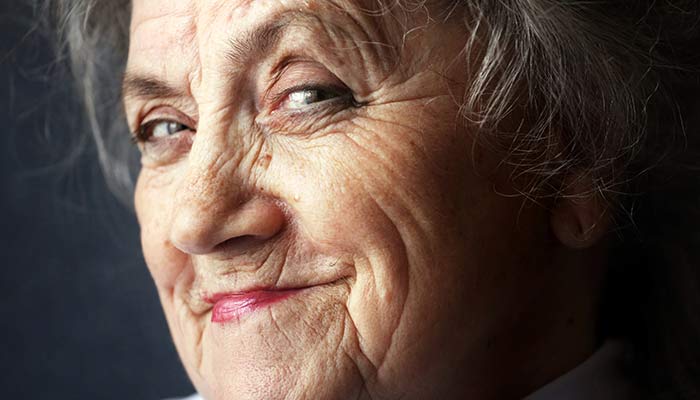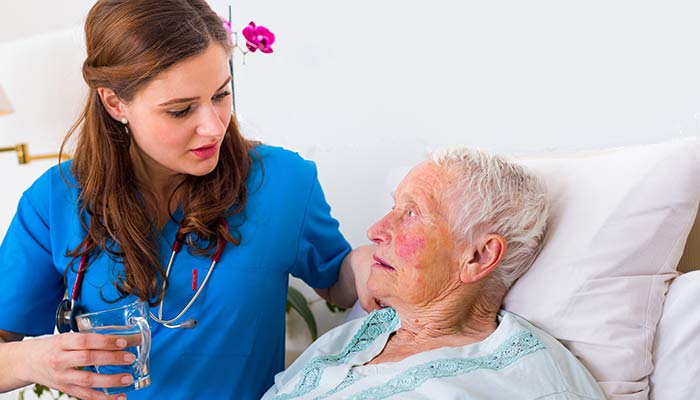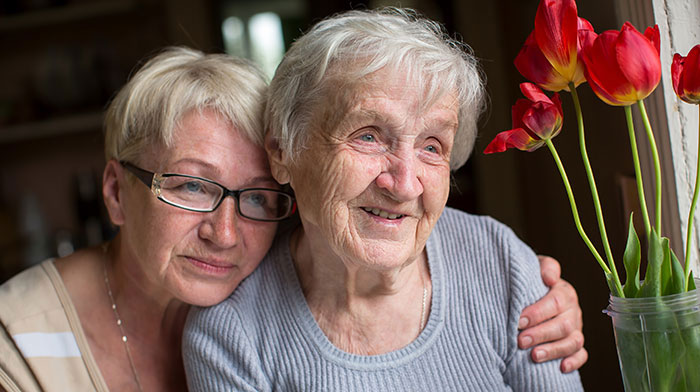
Chronic obstructive pulmonary disease (COPD) is a lung condition that gets steadily worse over time. It frequently involves “flares,” or “exacerbations,” periods when breathing suddenly becomes more difficult. It can be very frightening and often results in a dash to the Emergency Room. It’s important to know the early signs of a flare and to…










